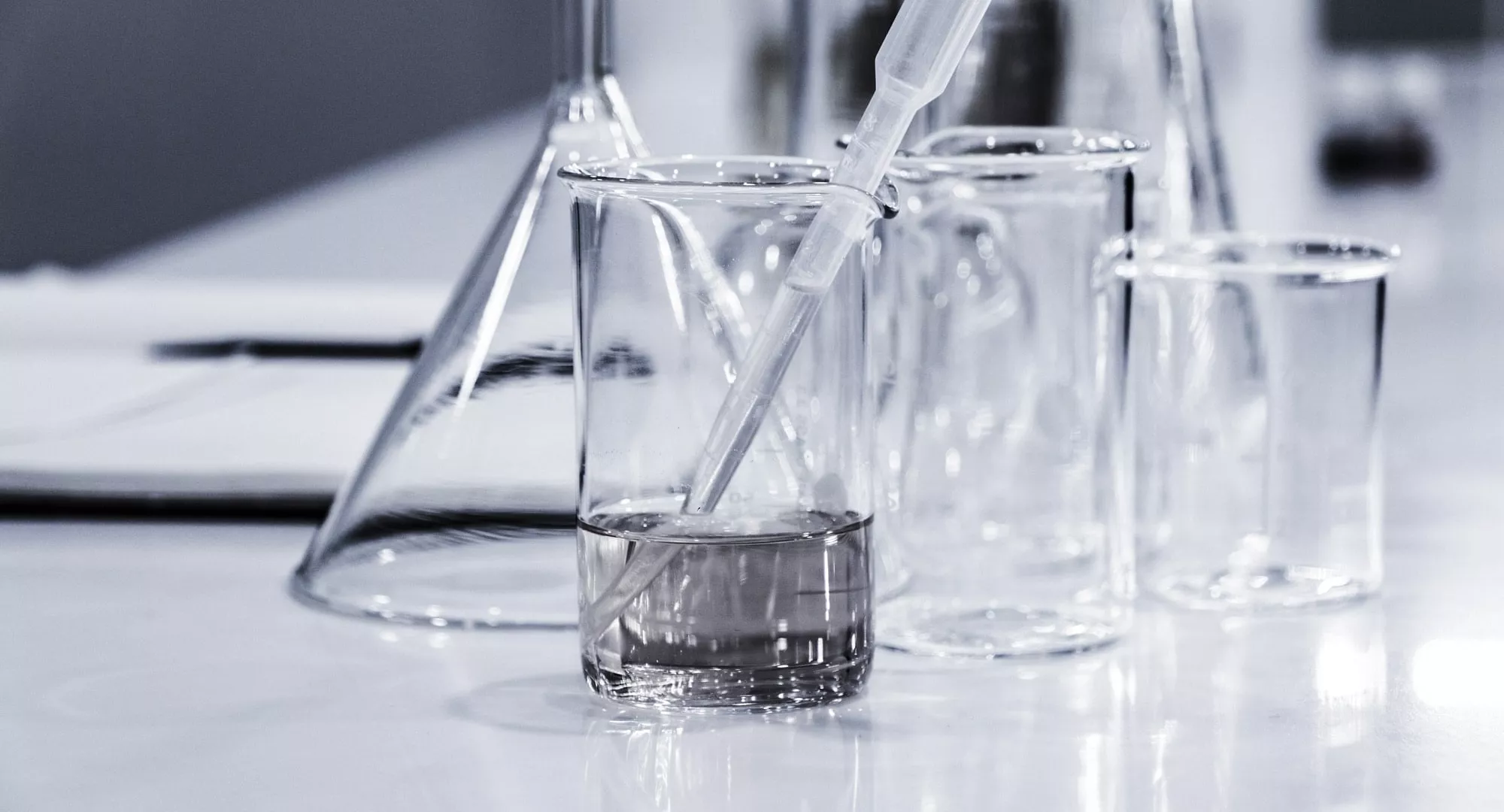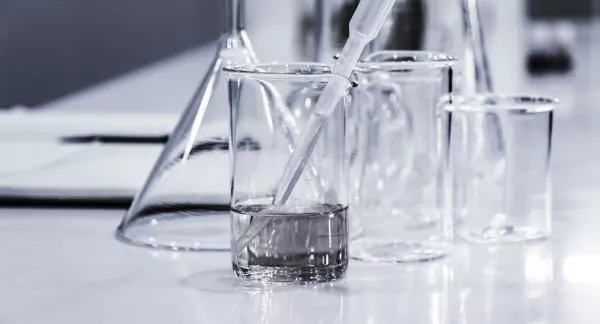
Characterization and Pilot Testing of Microwave Reactivation for PFAS-laden Granular Activated Carbons
Abstract
GAC adsorption, a well-established technology for removing synthetic organic contaminants such as per- and polyfluoroalkyl substances (PFAS) from water, has been used by the water treatment industry for decades. Anticipated United States Environmental Protection Agency (USEPA) federal PFAS regulations, in addition to individual state regulations, are expected to significantly increase GAC use. Therefore, GAC reuse will become more critical for providing sufficient GAC capacity, energy efficiency, and resource conservation, while reducing the cost, waste management, and carbon dioxide (CO2) footprint.
Based on the very promising results from WRF project 5103, the strong interest of water utilities, and the recently announced PFAS regulations by the USEPA, this follow-up project will examine:
1. microwave (MW) reactivation at a pilot-scale to determine the impact of key MW operating conditions (e.g., MW power, heating rate, temperature, rotation speed, granular activated carbon (GAC), and moisture content) to scale- up this new technology
2. the formation and identification of products of incomplete destruction (PIDs) by this process, to provide insights into the thermal destruction mechanisms of PFAS
3. MW reactivation of field spent GAC samples at the pilot-scale MW
